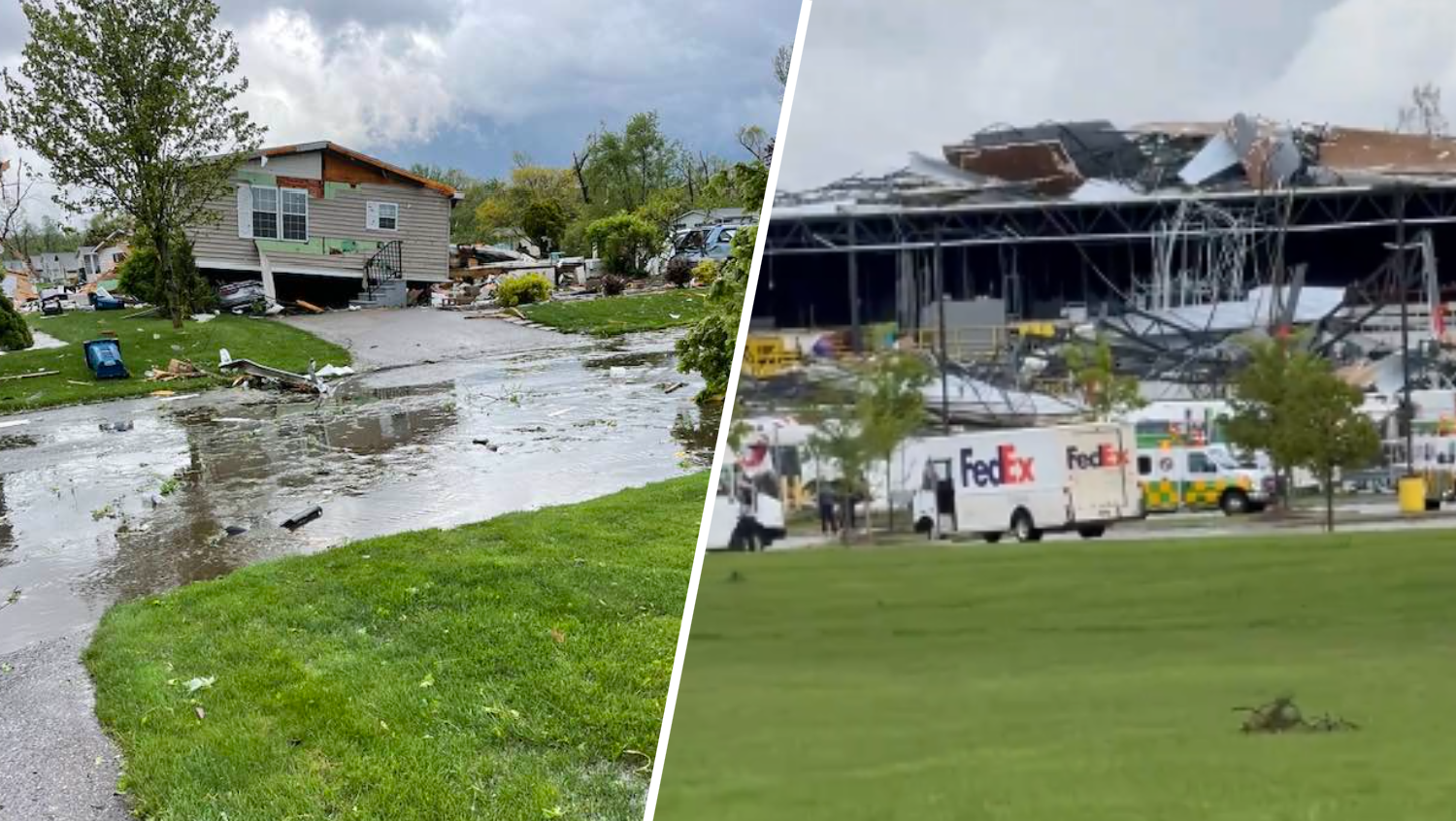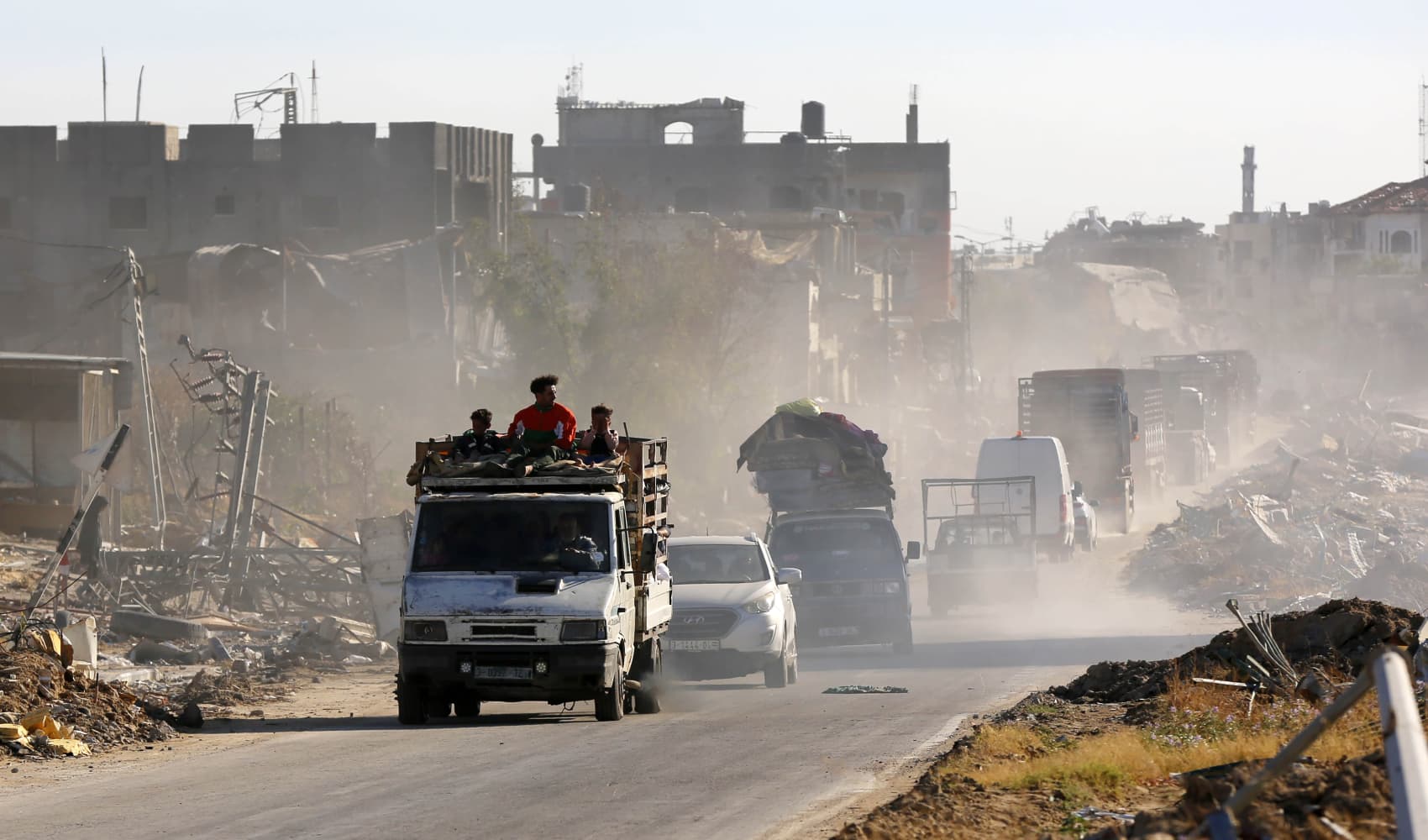There are many reasons to celebrate the Fourth of July.
Southern California's air quality isn't one of them.
A particulate advisory will be in effect for the region through Wednesday due to high levels of particulate pollution from fireworks displays -- both legal and illegal. The boom of fireworks could be heard in some neighborhoods throughout the night.
Use the searchable map below to check air quality near you.
Get San Diego local news, weather forecasts, sports and lifestyle stories to your inbox. Sign up for NBC San Diego newsletters.
The advisory from the South Coast Air Quality Management District, indicating that levels of airborne particles could cause health problems, will be in effect from 5 p.m. Tuesday through 11:59 p.m. Wednesday.
Some of Southern California's worst air quality Wednesday morning was in the in Los Angeles basin, parts of the San Fernando and San Gabriel valleys, and portions of Riverside County. Conditions will likely improve slowly in those areas throughout the day, but worsen in other inland areas.
U.S. & World
"The Air Quality Index (AQI) may reach the Hazardous AQI category from the evening of Tuesday, July 4th through the early afternoon on Wednesday, July 5th, the agency said in a statement. "Fireworks emit high levels of particle pollution (PM2.5 and PM10) as well as metal air pollutants, all of which can contribute to negative health effects.
"Breathing of fine particulate matter can lead to a wide variety of cardiovascular and respiratory health effects such as heart attacks, asthma aggravation, decreased lung function, coughing, or difficulty breathing and may lead to premature death in people with heart or lung disease."
July 4 and 5 are typically among the worst days of the year in the South Coast Air Basin for airborne particles, the AQMD said.
Here are some tips to minimize the health risk from poor air quality.
- Limit your exposure by remaining indoors with windows and doors closed or seeking alternative shelter.
- Avoid vigorous physical activity.
- Run air conditioning and/or an air purifier.
- If possible, do not use swamp coolers or whole house fans that bring in outside air.
- Avoid burning wood in your fireplace or firepit and minimize sources of indoor air pollution such as candles, incense, pan-frying and grilling.



